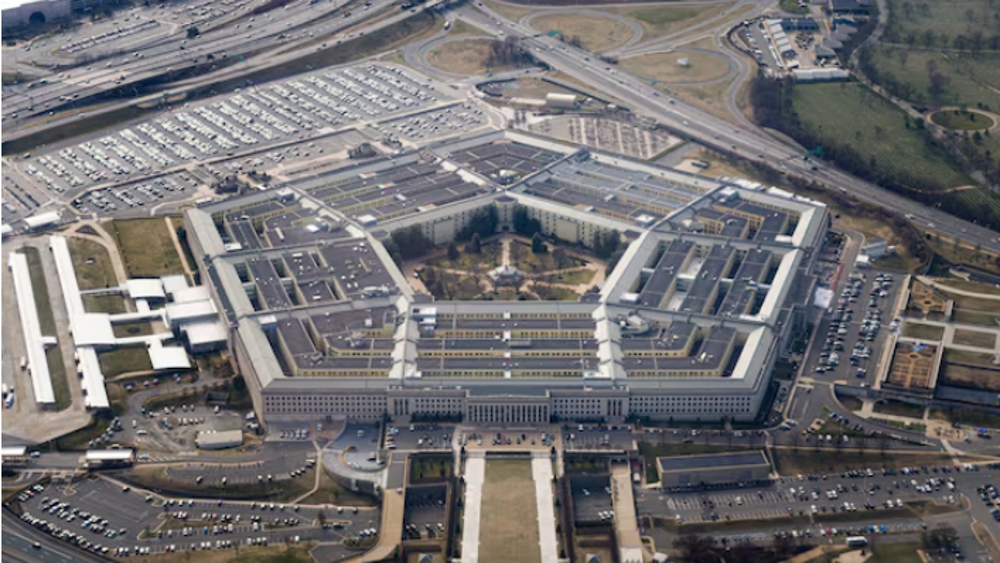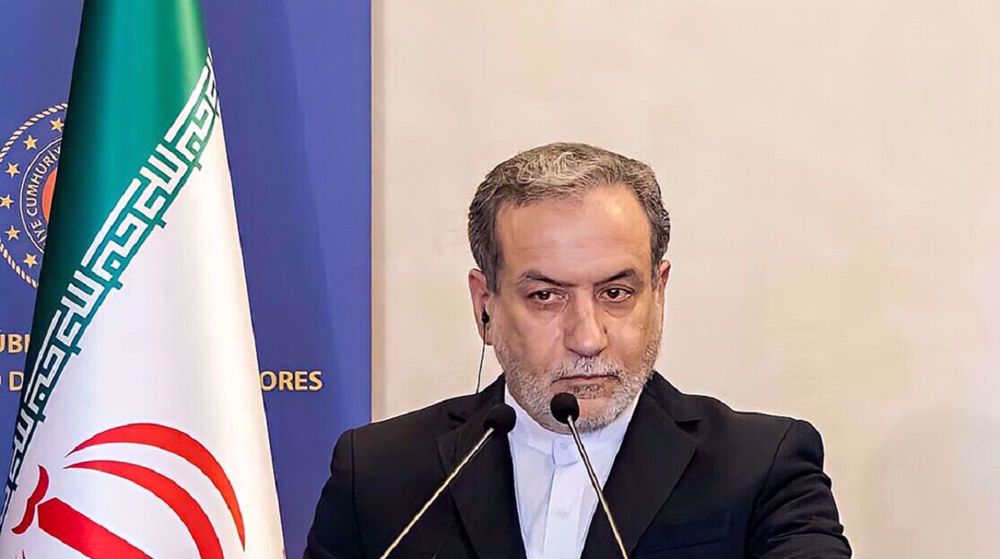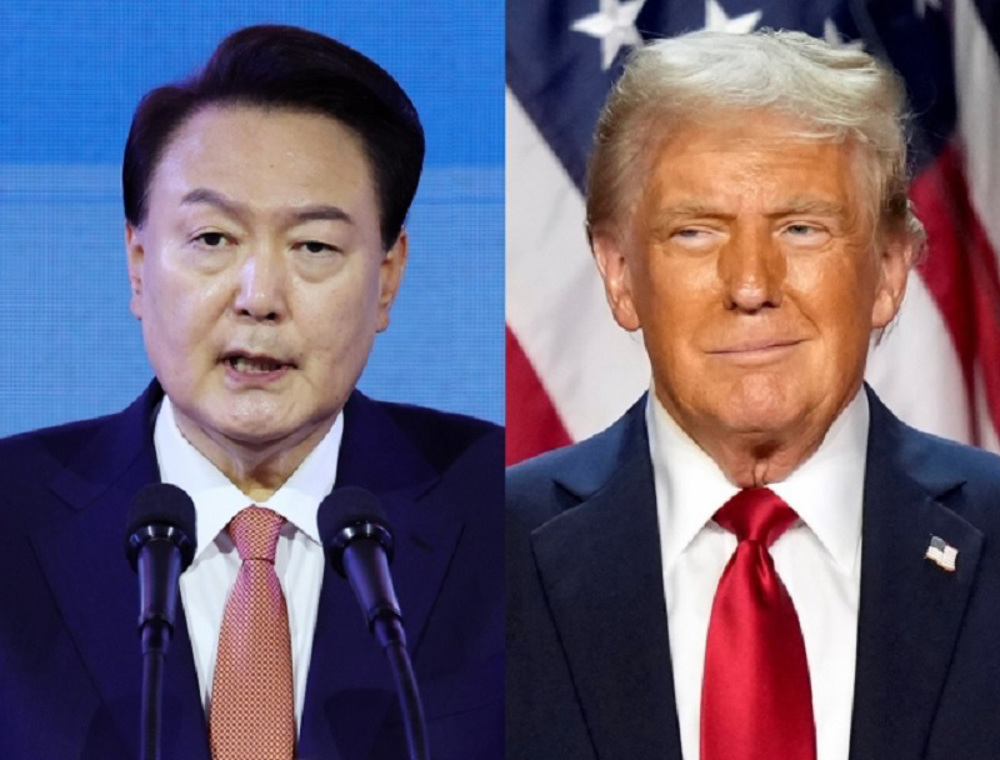US senators ask IMF to deny China’s yuan reserve currency status
Two US senators are urging the International Monetary Fund (IMF) to deny China's attempts to have the yuan recognized as a special reserve currency following recent hacking allegations against Beijing.
Senators Charles Schumer and Lindsey Graham sent a letter on Tuesday to IMF Managing Director Christine Lagarde, pressing her to not admit the Chinese yuan into an exclusive club of currencies that would elevate its status in the global economy.
They pointed to a recently disclosed breach of up to 4 million current and former US federal employees’ personal data as the latest example of “China’s rapacious actions that are aimed at disrupting the global economy and undermining the stability of international market participants.”
“China has failed to make the necessary reforms to be considered a trusted and fair player on the international stage,” the senators wrote. “And therefore we urge the IMF to forgo any consideration of the yuan’s inclusion” in the special reserves that make up the funds “special drawing rights” system.
Currently, there are only four currencies that are counted by the IMF as major reserve currencies that can be used in international transactions, but the IMF board is meeting informally in the coming weeks to assess whether they should enlarge the group of reserve currencies.
Those current major reserve currencies are the US dollar, the euro, the British pound and the Japanese yen. However, the dollar remains the dominant reserve currency throughout the world.

Last week, the US Office of Personnel Management said its networks were hacked in December, exposing the personal data of millions of current and former federal government employees.
Earlier this year, several major health care companies acknowledged similar cyber attacks, with tens of millions of Americans’ personal information revealed.
Sens. Schumer and Graham were also referring to a series of cyber attacks against US companies to steal trade secrets that US officials allege would give the Chinese industries a competitive advantage.
Last week, China dismissed the allegations of hacking as "irresponsible and unscientific."
Washington has not officially accused Beijing of carrying out the recent hacks, but a number of US officials and private cyber security researchers have accused the Chinese government of being behind the intrusions.
Washington has, for years, accused the Chinese government and military of conducting computer-based attacks against the US, including efforts to steal information from federal agencies.
The US claims that the Chinese military has made cyber warfare capabilities a priority and often blames people linked to it for hacking into US companies’ computers to steal secrets.
Beijing says Washington’s cyber attack accusations are hypocritical, since intelligence leaks have revealed that the US itself is the most active perpetrator of cyber espionage against foreign countries, especially against China.
AHT/HRJ
What collapse of German coalition government means
Iran, Syria emphasize need to stop Israeli atrocities in Gaza, Lebanon
Clinton whisked away amid pro-Palestine protest at Belfast university
I write for Iman and Ghazal, martyrs with name and face, not cold numbers
VIDEO | Islamic Revolution Leader’s memoirs book in Italian unveiled in Rome
VIDEO | Syria-Iran alliance strengthens as Larijani arrives in Damascus for key talks
Israeli fans clash with French supporters at Paris football match
Ben & Jerry’s sues parent company Unilever over Gaza advocacy muzzle










 This makes it easy to access the Press TV website
This makes it easy to access the Press TV website